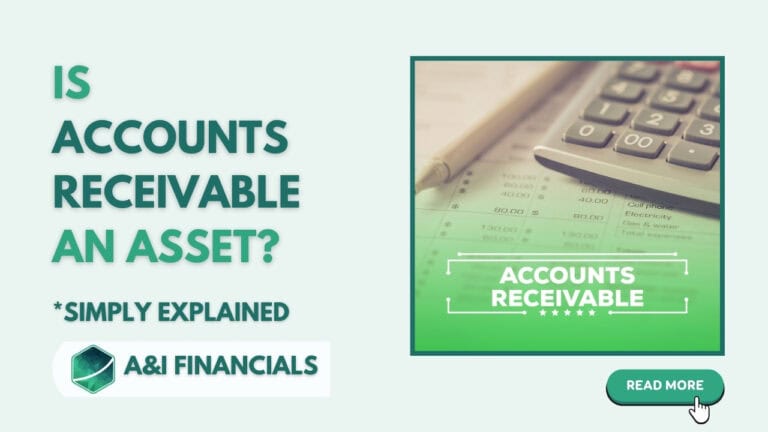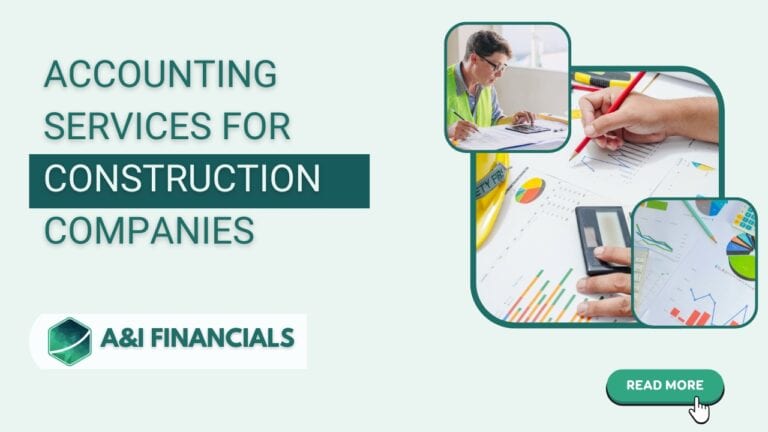10 Best Bookkeeping Tips for Small business and beginners
We understand that bookkeeping for small businesses can be difficult and overwhelming. Here are few things to keep in mind when starting your own business.
1# Keep your business and personal finances separate
All new business owners should make it a priority to open a new bank account for business only. It is very difficult to go through all of your financial activity and determine what’s for business vs personal transactions. Separating business from personal will also help when you are trying to file your taxes as well.
2# Automate your system where you can
Using cloud-based bookkeeping software and doing your business banking online is very helpful and time-saving. This will allow you to sync your bookkeeping software with your business bank account so you will always have accurate, up-to-date records. In addition, with cloud-based technologies, your critical financial data is backed up safely off-site.
3# Ask a pro
Talk to your accountant to figure out if you need an off-the-shelf accounting solution or you would benefit from customized ERP systems. They should be able to not only offer advice but also set up the systems for you and train you on how to use it
4# Choose The Right Bookkeeping Software
The type of bookkeeping software you get will depend on what you need out of it. Many software providers offer different levels of services, here are some examples:-
- Cashbook
- Ledger and Cashbook
- Ledger, Cashbook and Inventory
- Ledger, Cashbook, Inventory and Foreign Currency Transactions
- Ledger, Cashbook, Inventory, Foreign Currency Transactions, and Supply chain management
#5 Business Documentation
Keeping the documentation for all business transactions is a high priority. They are called accounting source documents. Keeping them enables:-
- Easy tracking for any future queries that might pop up
- Proof (to an auditor or tax authority) of what occurred.
The only way to keep the records is to have a very well-organized filing and archiving system. A box or basket full of randomly placed papers makes it much harder to locate what is needed and will cause an unnecessary waste of time not to mention frustration.
There are three basic filing options available:
- The paper system consist of files and cabinets
- The electronic system on your computer’s hard-drive requiring a scanner
- Online documentation storage needs changes in process to implement
#6 Keep Track Of Cash Payments
Any cash received should be deposited into the business bank account or petty cash before spending it on other business expenses.
It can be tempting to take the cash right away to purchase supplies but this might cause a mess in the bookkeeping system.
For example, the bookkeeper/owner might:-
Forget which customer paid the money which can lead to some embarrassment if the customer is phoned some weeks later for payment… and they have already paid! It could also appear as tax evasion because the income is not being declared in the system.
Forget to include the purchase in the books – these expenses definitely need to be entered into the accounts to help keep your taxes down!
#7 Monitor Your employees hours with tracking software
Cloud-based time tracking software allows employees to clock in and out on their smartphones, tablets, and computers. It does not only save them time but also makes your life easier by automatically tracking overtime, PTO, etc.
You can find time tracking software designed for just about any industry. Choose one that works with your bookkeeping software, and payroll will be a snap, too.
#8 Avoid Bombarding Employees with New Systems
There are many new software programs being introduced to help small businesses do better, work faster, be more efficient, improve the bottom line, and so on. They are fantastic aids for streamlining business processes.
Keep in mind that implementing too many new systems close together can be really crushing for employees and exhausting for the business owner/manager as well.
#9 Keep records of business expenses.
There were so many changes that were made to the tax code in recent times. You should consult your tax accountant for guidance on what kinds of expenses you can deduct next year. For anything, you will be claiming, maintain detailed records. You can save time by scanning and digitizing receipts. You can also simplify expense tracking by always using a business credit card for business purchases.
10# Consider Hiring a Professional, Even If Temporarily
Hiring a professional bookkeeper or accountant can make a big difference, even for just a few hours per week or month. The work of a bookkeeper and accountant overlaps, though a bookkeeper is mainly concerned with recording and classifying income and expenditures. An accountant might also file taxes and help you with strategic planning.
A professional will keep your records up-to-date and orderly, and a pro is better equipped to know about potential fees, loopholes, or additional tax deductions for which you might be eligible. Understanding different IRS provisions and requirements can help you get tax advantages and save time.
Get Help from us
We are here to provide You QuickBooks Bookkeeping Services for Your business at a reasonable cost. Contact our professional team for Expert Advice & Support just with one click and make your life easy.






